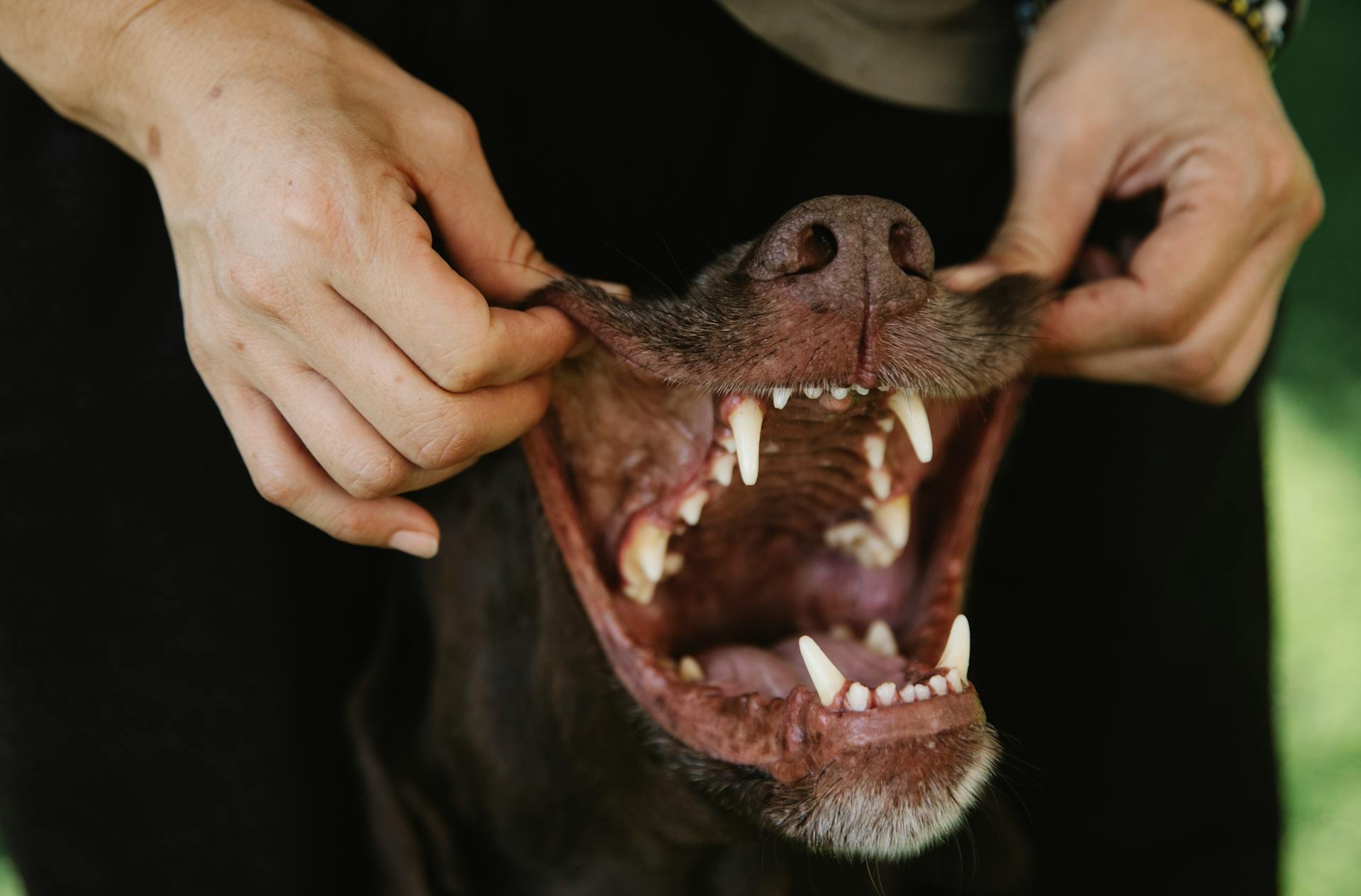
In the United States, breed-specific legislation (BSL) varies greatly from state to state. Some states have banned specific breeds altogether, while others have implemented restrictions on ownership.
California has banned the ownership of Pit Bulls, with some exceptions for service animals. This ban has been in place since 1982.
In contrast, some states have no breed-specific legislation at all. For example, Alaska has no laws regulating specific breeds.
What is BSL?
BSL, or breed specific legislation, can be a complex and frustrating issue for dog owners. BSL may include mandatory spay-neuter requirements for certain breeds.
Some cities and towns have laws that require owners of certain breeds to muzzle their dogs in public. For example, a dog may be required to wear a muzzle in public parks or on school grounds.
Mandatory liability insurance requirements are another common aspect of BSL. This means that owners of certain breeds may be required to carry special insurance policies that cover damages caused by their dog.
In addition to insurance requirements, some jurisdictions may also have special licensing and additional fees for owners of certain breeds. This can include requirements for fluorescent collars, vests, or other town-issued items.
If you're a dog owner, it's essential to know the specific laws in your area. Here are some common BSL requirements to be aware of:
- Mandatory spay-neuter
- Mandatory muzzling
- Liability insurance requirements
- Special licensing and additional fees
- Mandatory microchipping or tattoos
- Owner/walker age requirements
- Property posting requirements
- Confinement and leash requirements
- Breed-specific pet limits sale or transfer notification requirements
- Restrictions on access to certain public spaces
- Required town-issued items
- Training requirements
- Photo requirements
- Insurance policies that discriminate against breeds
- Housing policies that discriminate against breeds
States with BSL Laws
If you're interested in learning more about states with breed-specific legislation (BSL) laws, here's what you need to know. Some states don't have laws that prevent local governments from enacting their own BSL ordinances.
Non-preemption states respect local control and believe that local government officials are best suited to determine their own animal control and dangerous and vicious dog safety policies. This means that municipal jurisdictions in these states are free to enact breed-specific ordinances for the purposes of public health and safety and animal welfare.
There are 21 states that don't have state preemption laws, allowing local governments to create their own BSL policies. These states include Alabama, Alaska, Arkansas, Georgia, Hawaii, Idaho, Indiana, Iowa, Kansas, Kentucky, Louisiana, Maryland, Michigan, Mississippi, Missouri, Montana, Nebraska, New Hampshire, North Carolina, North Dakota, Ohio, Oregon, Tennessee, Vermont, West Virginia, Wisconsin, and Wyoming.
These states recognize that local governments are in the best position to understand the specific needs and concerns of their communities when it comes to animal control and public safety. By not having state preemption laws, these states are giving local governments the flexibility to create policies that work for them.
Preemption Laws
In some states, preemption laws have been put in place to limit the power of local governments to enact breed-specific legislation. These laws are designed to prevent local jurisdictions from declaring specific breeds as "potentially dangerous" or "dangerous" based solely on the breed.
Minnesota, for example, has a preemption law that prohibits local governments from adopting breed-specific ordinances. The state statute, § 347.51, specifically states that ordinances inconsistent with this subdivision are void.
Oklahoma, Texas, Virginia, Nevada, and Delaware also have similar preemption laws in place. These laws aim to prevent breed-specific regulations, but some experts argue that they may not be airtight, particularly in the area of pit bull sterilization ordinances.
Here are the states with "likely" mixed-preemption laws:
Frequently Asked Questions
How much does breed-specific legislation cost?
Nationwide, breed-specific legislation (BSL) costs an estimated $476 million per year to enforce and manage. This includes expenses for vet care, euthanization, and legal fees.
Sources
- https://content.naic.org/cipr-topics/breed-specific-legislation
- https://www.nacanet.org/naca-statement-on-breed-specific-legislation/
- http://mcabsl.com/about/what-is-breed-specific-legislation/
- https://resources.bestfriends.org/article/anti-dog-breed-specific-legislation-state
- https://www.dogsbite.org/legislating-dangerous-dogs-state-preemption-map.php
Featured Images: pexels.com


